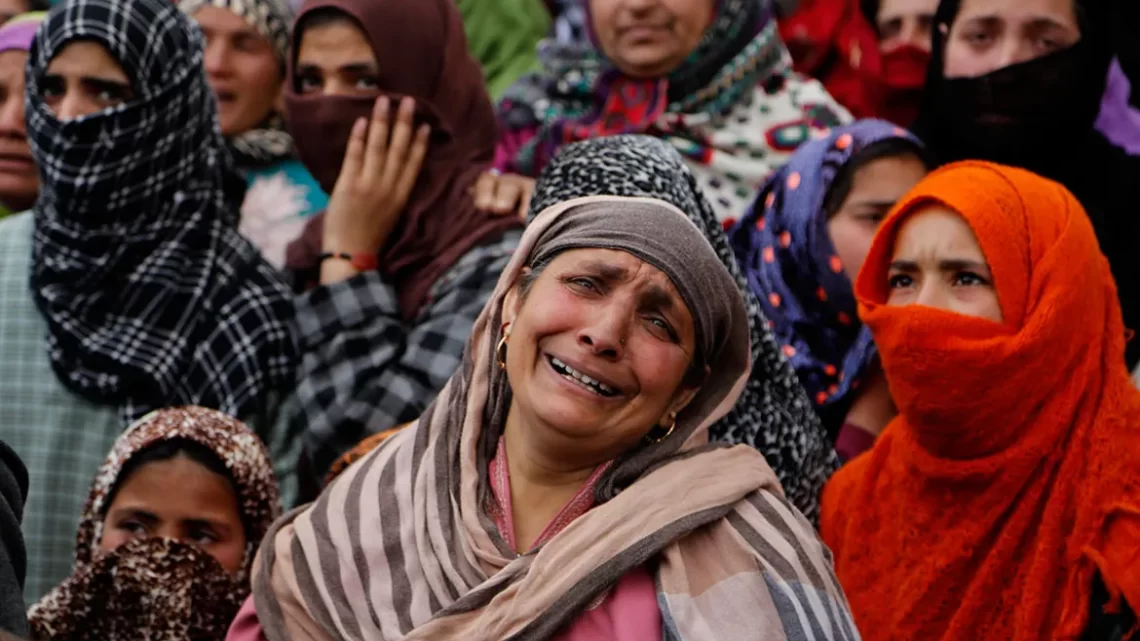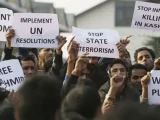
International Women’s Day: Kashmiri Women are the Sufferers under Indian Atrocities
March 8, 2024Amidst the ongoing Kashmir dispute, the most disheartening aspect is the plight of Kashmiri women, who bear the brunt of the uncertain situation. Indian-administered Kashmir has witnessed a long series of human rights violations, and the suffering of women in this troubled region remains a tragedy.
Kashmiri women find themselves caught in the crossfire of political conflicts and military operations. The presence of armed forces in the region has resulted in numerous reports of human rights abuses, including arbitrary detentions, torture, and sexual violence against women. These atrocities are often carried out with impunity, leaving the victims and their families without recourse for justice.
One of the most disturbing aspects of the Kashmir conflict is the use of sexual violence as a tool of control and intimidation. Numerous reports and testimonies suggest that women in the region have been subjected to rape, molestation, and harassment by occupation forces. The fear of sexual violence looms large over the lives of Kashmiri women, impacting their mental and emotional well-being.
A prevailing issue aggravating the sufferings of Kashmiri women is the lack of accountability for those perpetrating crimes against them. Despite international outcry and calls for investigations, many cases go unaddressed, and the perpetrators enjoy impunity. The absence of justice only deepens the trauma experienced by these women, as they face with the knowledge that their abusers remain unchecked.
Beyond the physical harm inflicted upon them, Kashmiri women bear the weight of the psychological toll of living in a conflict zone. Constant exposure to violence, loss of loved ones, and the uncertainty of the future contribute to heightened stress, anxiety, and trauma. The emotional scars left by the conflict affect not only the women themselves but also their families and communities.
The conflict in Kashmir has led to the imposition of various security measures and restrictions on the movement of civilians. These constraints disproportionately affect women, limiting their access to education, healthcare, and economic opportunities. The curtailment of basic freedoms exacerbates the challenges faced by Kashmiri women, hindering their ability to lead fulfilling and empowered lives.
The international community has expressed concern over the human rights situation in Kashmir, particularly regarding the plight of Kashmiri women. Various human rights organizations, including the United Nations, have called for impartial investigations and accountability for those responsible for the atrocities. However, the resolution of the Kashmir conflict remains a complex and sensitive issue, making progress slow and elusive.
The sufferings of Kashmiri women in the shadows of Indian atrocities demand urgent attention and action. As the international community contends with finding a lasting solution to the Kashmir conflict, it is crucial to prioritize the protection and well-being of the Kashmiri women who continue to endure the brunt of the unrest. Addressing the systemic issues, ensuring accountability, and fostering an environment that respects the rights and dignity of Kashmiri women are essential steps toward alleviating their sufferings.

